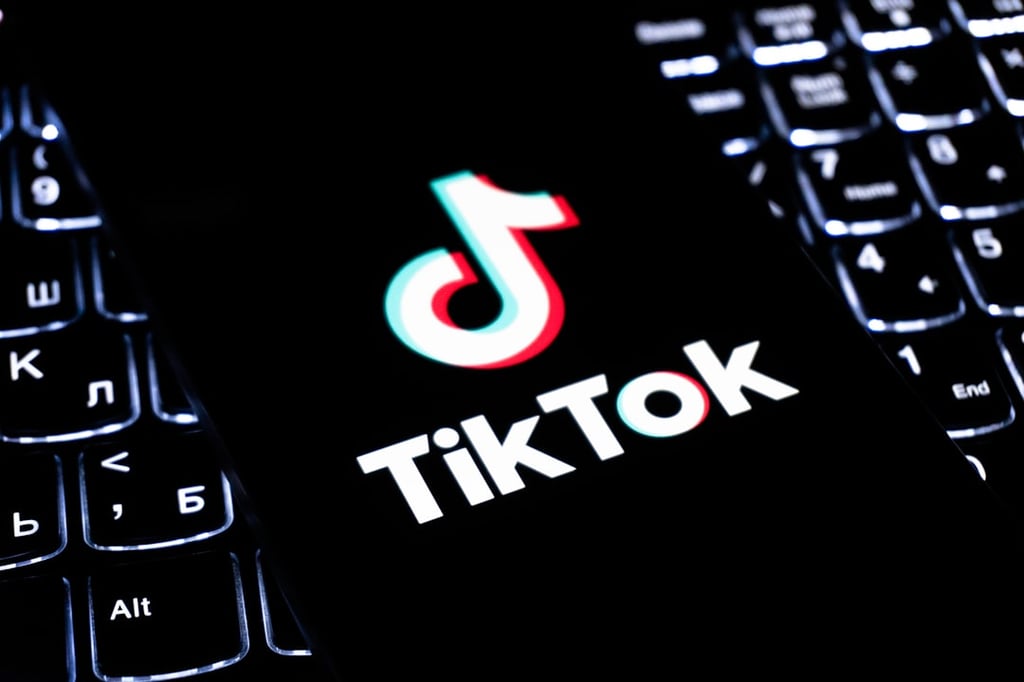What has BYOD wrought? Tablets will, for the first time, out-ship desktop PCs this year, according to a new report from IDC. The research firm is forecasting that by the end of 2013, desktop PC shipments will dip 4.3 percent. Tablet shipments will rise to 190 million units, thanks to an astonishing annual growth rate […]
Datamation content and product recommendations are
editorially independent. We may make money when you click on links
to our partners.
Learn More
What has BYOD wrought?
Tablets will, for the first time, out-ship desktop PCs this year, according to a new report from IDC. The research firm is forecasting that by the end of 2013, desktop PC shipments will dip 4.3 percent. Tablet shipments will rise to 190 million units, thanks to an astonishing annual growth rate of 48.7 percent.
That’s enough to make tablets a much more common sight than desktop and tower computers, with emerging markets leading the charge, according to IDC research analyst Megha Saini.
“In emerging markets, consumer spending typically starts with mobile phones and, in many cases, moves to tablets before PCs. The pressure on the PC market is significantly increasing and we can see longer replacement cycles coming into effect very soon and that, too, will put downward pressure on PC sales,” she stated in press remarks.
These factors will make emerging markets hard for tablet manufacturers to ignore. By 2017, “tablet unit shipments are expected to increase by a factor of 3 with a shipment value of $125 billion dollars,” said IDC.
IDC also predicts that by 2014, tablets will similarly leave laptop and notebook PCs in the dust. And that spells good news for tablet makers Apple and Samsung, which are locked in a battle to dominate the mobile computing market.
Apple narrowed the gap separating the iPad maker from market leader Samsung in the fourth quarter of 2012. During that time, an estimated 378 million smart connected devices shipped — IDC lumps desktop PCs, notebook PCs, tablets, and smartphones into the “smart connected device” category. Revenues surpassed $168 billion.
Samsung, buoyed by strong Android handset sales, clung to the lead, with 21.2 percent unit shipment share. Apple, on the strength of its iPad and iPad Mini, found itself within striking distance at 20.3 percent.
Don’t feel bad for Apple; its coffers have no rival. “On a revenue basis for the fourth quarter, Apple continued to dominate with 30.7% share versus 20.4% share for Samsung,” informed IDC.
Pedro Hernandez is a contributing editor at InternetNews.com, the news service of the IT Business Edge Network, the network for technology professionals. Follow him on Twitter @ecoINSITE.
-
Huawei’s AI Update: Things Are Moving Faster Than We Think
FEATURE | By Rob Enderle,
December 04, 2020
-
Keeping Machine Learning Algorithms Honest in the ‘Ethics-First’ Era
ARTIFICIAL INTELLIGENCE | By Guest Author,
November 18, 2020
-
Key Trends in Chatbots and RPA
FEATURE | By Guest Author,
November 10, 2020
-
Top 10 AIOps Companies
FEATURE | By Samuel Greengard,
November 05, 2020
-
What is Text Analysis?
ARTIFICIAL INTELLIGENCE | By Guest Author,
November 02, 2020
-
How Intel’s Work With Autonomous Cars Could Redefine General Purpose AI
ARTIFICIAL INTELLIGENCE | By Rob Enderle,
October 29, 2020
-
Dell Technologies World: Weaving Together Human And Machine Interaction For AI And Robotics
ARTIFICIAL INTELLIGENCE | By Rob Enderle,
October 23, 2020
-
The Super Moderator, or How IBM Project Debater Could Save Social Media
FEATURE | By Rob Enderle,
October 16, 2020
-
Top 10 Chatbot Platforms
FEATURE | By Cynthia Harvey,
October 07, 2020
-
Finding a Career Path in AI
ARTIFICIAL INTELLIGENCE | By Guest Author,
October 05, 2020
-
CIOs Discuss the Promise of AI and Data Science
FEATURE | By Guest Author,
September 25, 2020
-
Microsoft Is Building An AI Product That Could Predict The Future
FEATURE | By Rob Enderle,
September 25, 2020
-
Top 10 Machine Learning Companies 2020
FEATURE | By Cynthia Harvey,
September 22, 2020
-
NVIDIA and ARM: Massively Changing The AI Landscape
ARTIFICIAL INTELLIGENCE | By Rob Enderle,
September 18, 2020
-
Continuous Intelligence: Expert Discussion [Video and Podcast]
ARTIFICIAL INTELLIGENCE | By James Maguire,
September 14, 2020
-
Artificial Intelligence: Governance and Ethics [Video]
ARTIFICIAL INTELLIGENCE | By James Maguire,
September 13, 2020
-
IBM Watson At The US Open: Showcasing The Power Of A Mature Enterprise-Class AI
FEATURE | By Rob Enderle,
September 11, 2020
-
Artificial Intelligence: Perception vs. Reality
FEATURE | By James Maguire,
September 09, 2020
-
Anticipating The Coming Wave Of AI Enhanced PCs
FEATURE | By Rob Enderle,
September 05, 2020
-
The Critical Nature Of IBM’s NLP (Natural Language Processing) Effort
ARTIFICIAL INTELLIGENCE | By Rob Enderle,
August 14, 2020
SEE ALL
ARTICLES
Pedro Hernandez is a contributor to Datamation, eWEEK, and the IT Business Edge Network, the network for technology professionals. Previously, he served as a managing editor for the Internet.com network of IT-related websites and as the Green IT curator for GigaOM Pro.









